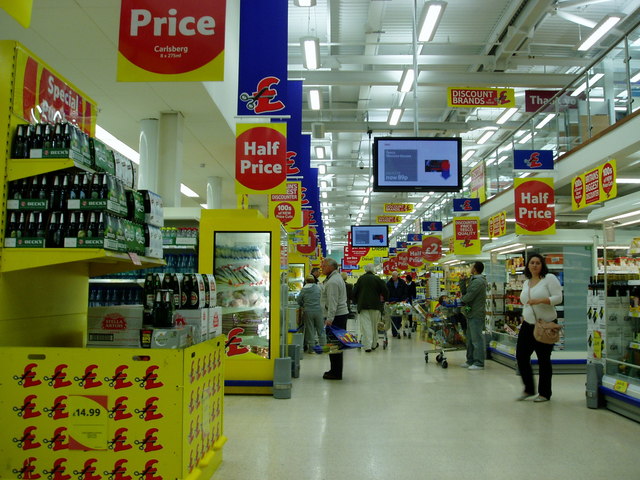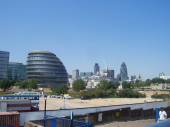
In a surprising turn of events, slowing food prices have contributed to a decline in inflation for the month of August, bringing the cost of living to its lowest level in a year
and a half.
Official figures reveal that inflation, the measure of how prices evolve over time, dipped to 6.7% in the year leading up to August, down from 6.8% in July. This marks the third consecutive month of decline.
Among the categories, it was the deceleration in price hikes for milk, cheese, and eggs that made the most significant impact, with fish and vegetable prices also exhibiting moderation.
Additionally, the cost of hotel stays and airfares experienced a drop, though fuel prices registered an increase.
It's important to note that when inflation rates decrease, it does not imply that prices are going down; rather, it signifies that prices are rising at a slower rate.
August's inflation figure took many analysts by surprise, as expectations had leaned toward an increase.
Chancellor Jeremy Hunt commented on the development, stating, "This news demonstrates that our plan to tackle inflation is having an effect. However, it is still unacceptably high, underscoring the importance of adhering to our strategy to halve it. Doing so will alleviate the burdens on both families and businesses and provide a path to sustainable growth."
The surge in food prices worldwide, a consequence of Russia's invasion of Ukraine, had been a driving force behind the rising costs observed at supermarket checkouts. The conflict disrupted supplies from both nations, major exporters of commodities like sunflower oil, wheat, and fertilizer.
Nevertheless, while food price inflation remains notably elevated, it has shown signs of deceleration in recent times. Photo by J Taylor, Wikimedia commons.


































